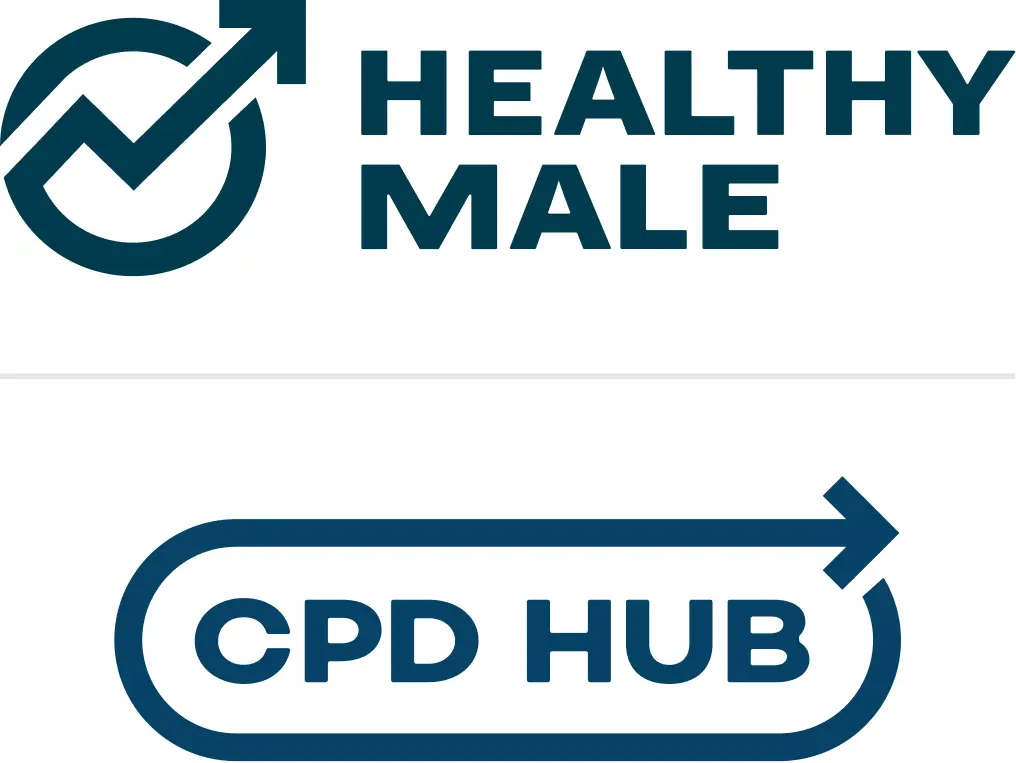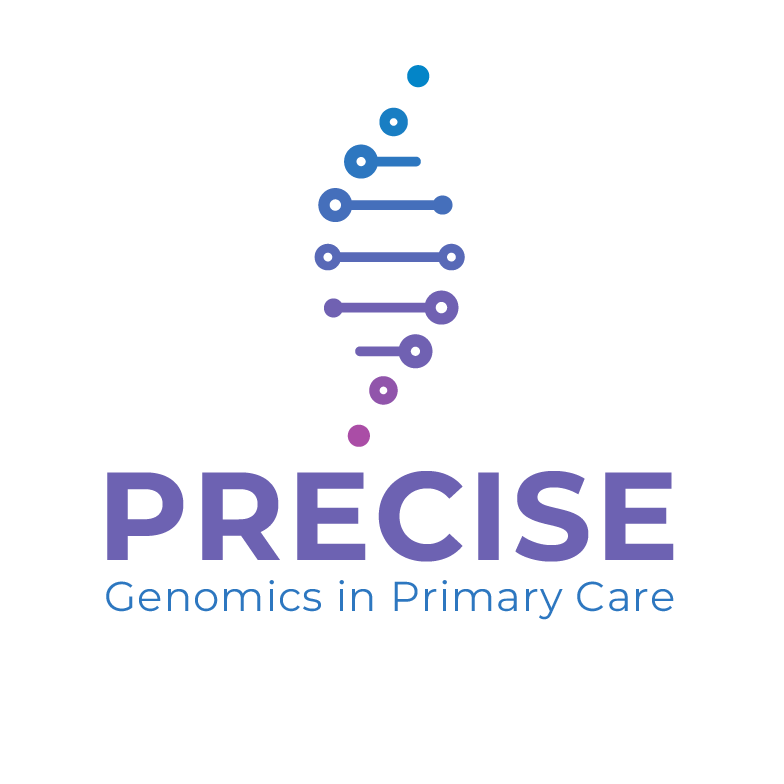PODCAST: Addressing disease burden, risk factors and health behaviours in Australian males aged 18-44
About the podcast
Men’s Health Week is June 10 -16 2024. Listen in to learn about what is impacting the health and wellbeing of Australian men and how we can support males to adopt healthy behaviours.
Campaigning for improved men's health
It’s Men’s Health Week from 10-16 June 2024; a time to promote the health of all men and boys.
Healthy Male and the Centre for Male Health at Western Sydney University have joined forces to develop a national campaign, supported by a range of organisations across Australia, aimed at helping Australian males to develop positive health behaviours.
Men don’t just die earlier than women. Australian males have a burden of disease (measured in disability-adjusted life years) that is 20% higher than females, and 19 risk factors contribute to 61% of the disease burden in males aged 15 and older (these same risk factors contribute to 46% of the disease burden of females in the same age range).
Risk factors contributing to male disease burden
Behavioural risk factors (principally alcohol and illicit drug use) are the predominant risk factors contributing to disease burden in young men. After middle-age, metabolic and biological risk factors (hypertension, hyperglycaemia, hypercholesterolaemia, obesity) are the biggest contributors to disease burden: this is the delayed cost of accumulated metabolic and biological damage, likely from years of unhealthy behaviour.
Men’s behaviours that put their health at risk are consistent with masculine gender norms that characterise them as risk takers, self-reliant and stoic. These same social norms likely contribute to men’s underutilisation of health prevention services. Although Australian men and women are equally likely to visit a doctor if they believe they need to, males appear to have a higher threshold for seeking treatment.
Australian men's health management views and behaviours
When it comes to actions to maintain health and prevent disease, Australian men rate things they can manage themselves (such as diet and exercise) as more important than engagement with healthcare services (e.g. annual health checkups, colon cancer screening, skin checks). Australian men’s judgement about the importance of these health behaviours doesn’t always match their actual behaviour (e.g. eating fruits and vegetables) or contribution to disease burden (e.g. alcohol consumption).
Further resources
This Men’s Health Week, Healthy Male is working with partner organisations across Australia to deliver strength-based health messages aimed at increasing Australian males’ awareness of how their behaviour affects their health, and provide tips to help them live healthier lives.
- Join the Targeting disease burden and risk factors for promotion of men’s health webinar
- Explore Healthy Male education on Medcast for more free learning resources
- Visit healthymale.org.au for information for health professionals and patients
- Visit goodhealthheroes.com.au to see our men’s health week campaign
Podcast Partner
This podcast is bought to you by Healthy Male. Additional learning resources including webinars, online learning modules and blogs can be viewed here.


Associate Professor Tim Moss BSc PhD is Health Content Manager at Healthy Male and holds an adjunct appointment in the Department of Obstetrics and Gynaecology at Monash University. He is listed among the top 2% of most influential scientists of all time in the field of obstetrics and reproductive medicine.
Tim joined Healthy Male in 2020 after 25 years of working in academia and medical research. Tim learned science communication at the Alan Alda Centre for Science Communication and the School of Journalism at Stony Brook University, and the SciComm Lab in the Department of Engineering at Massachusetts Institute of Technology.
Become a member and get unlimited access to 100s of hours of premium education.
Learn moreGenetic testing in general practice: Dr. Alan Ma explains which tests GPs can order, when to refer, and how the PRECISE portal supports confident testing and referral decisions.
GP Dr Kate Annear and Clinical Psychologist A/Prof Aliza Werner-Seidler discuss practical strategies for engaging young people, conducting psychosocial assessments, and using lifestyle, social, psychological and digital interventions to support mild to moderate depression and anxiety in young people.
Explore the PRECISE project and how genomics is shaping general practice, with insights on reproductive screening, general genetic testing, and practical tools to support GPs in everyday care.


